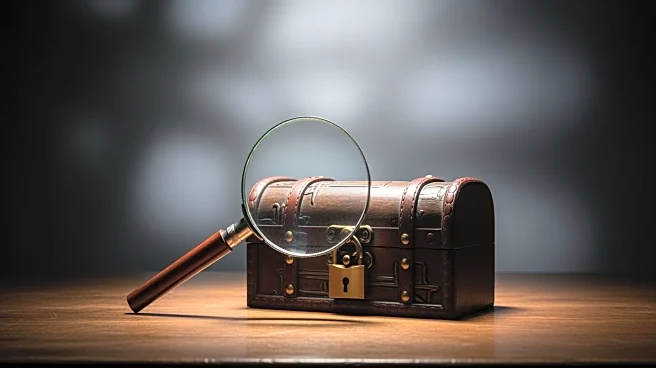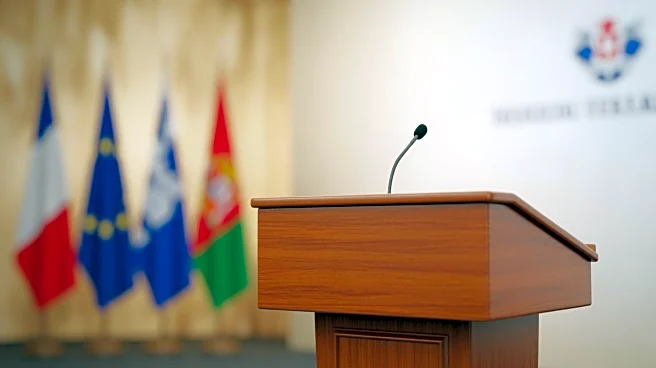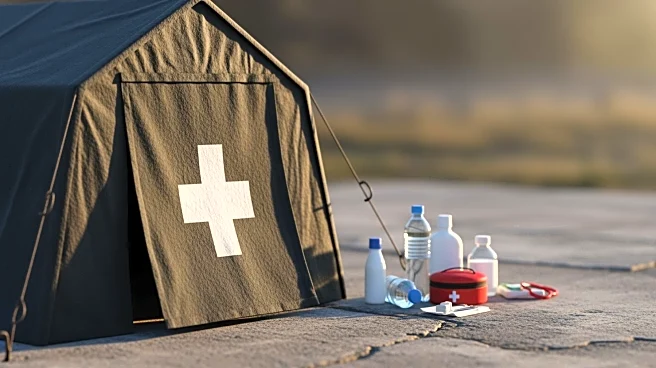What's Happening?
The European Anti-Fraud Office (OLAF) has spearheaded a significant joint customs operation named NOXIA II, targeting the illegal movement of goods such as cigarettes, waste, drug precursors, and pesticides. This operation involved 17 countries from the Asia-Pacific
region and 22 EU Member States, resulting in the seizure of 149.5 million cigarettes, over 3,000 tonnes of illicit waste, 66.5 kg of pseudoephedrine, 52 tonnes of solid pesticides, and 21,000 liters of liquid pesticides. The operation aimed to disrupt the smuggling routes used to transport these goods, which often involve sophisticated methods such as sea containers, dark vessels, and e-commerce. The operation also highlighted the environmental and health risks posed by the illegal waste, which was often falsely declared as recyclable or reusable.
Why It's Important?
Operation NOXIA II underscores the ongoing challenges faced by international customs authorities in combating the smuggling of illicit goods. The operation's success in intercepting large quantities of illegal products highlights the effectiveness of coordinated international efforts. The seizure of pseudoephedrine, a key component in methamphetamine production, is particularly significant given the global fight against synthetic drug manufacturing. Additionally, the interception of hazardous waste and banned pesticides addresses critical environmental and public health concerns, preventing potential harm to ecosystems and human populations. This operation not only disrupts illegal trade but also reinforces the importance of international cooperation in maintaining regulatory standards and protecting public safety.
What's Next?
Following the success of Operation NOXIA II, participating countries and organizations are likely to continue enhancing their collaborative efforts to monitor and intercept illegal shipments. Future operations may focus on further refining the techniques used to detect and prevent smuggling, as well as expanding the scope to include other regions and types of illicit goods. The ongoing challenge will be to adapt to the evolving methods used by smugglers, requiring continuous innovation and cooperation among international customs authorities. Additionally, there may be increased efforts to strengthen regulations and enforcement mechanisms to deter the illegal trade of hazardous materials and substances.
Beyond the Headlines
The operation highlights the ethical and legal challenges associated with global trade and the movement of goods. The use of false declarations and sophisticated smuggling techniques raises questions about the integrity of supply chains and the responsibility of businesses in ensuring compliance with international laws. Furthermore, the environmental impact of illegal waste disposal and the health risks associated with banned substances underscore the need for stricter enforcement and accountability measures. This operation may prompt a reevaluation of current policies and practices to better address these complex issues.















